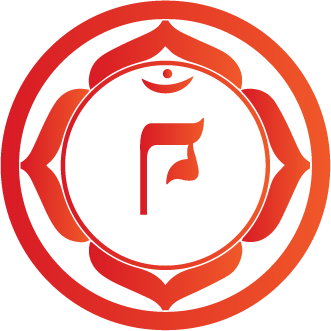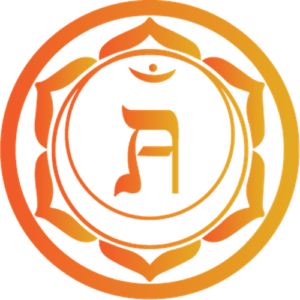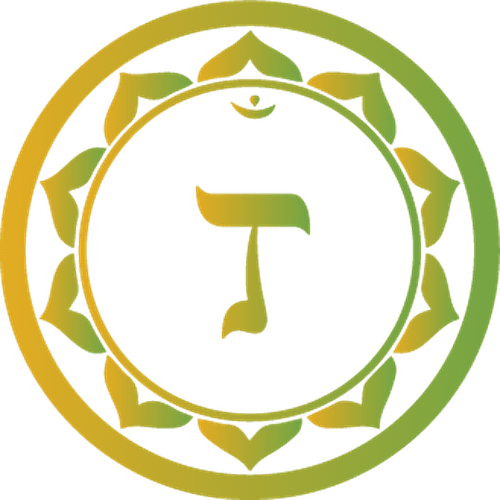Greetings and Grand rising !
Today’s reflections are still tenderly formulating for me… but I think it’s a powerful musing even if I don’t have any answers (just lots of questions)…
This week, I was included (or so I perceived) in the statement, ‘there are only white people in this space’.
I was a visitor to the space, not an official participant, so maybe I wasn’t counted, and, if it was meant to include me, I understand because my heritage is ambiguous* (plus, the space really was not diverse: I was the only global majority person there: and yes I did check that afterwards!), but this comment set off a body dissociation: a flight response because I no longer felt ‘welcome’…
Sometimes, people mistaking my identity can be a beautiful thing; (like, when I travel I am welcomed into many communities because it is assumed I belong there).
Sometimes, the (white) assumption feels unfair (compared to the experiences of others in my family) (Colourism at play*)(check out this podcast to learn more)
But in spaces like this one, being white assumed, I find I freeze, disengage, feel more like an outsider (I’m an enneagram 4, so already have to check my not belonging lens often!), because my identity & heritage gets erased (and I also recognise my fragility & privilege with that too)…
Perhaps I dissociate because my identity is also connected to my upbringing & the racism I received & witnessed from (white) family members & growing up in a small UK town?
Perhaps it is because my identity is based on who I became based on my day to day life experiences, and my values and because I grew up in the family I did?
Perhaps it is because my identity is about a lot more than just my appearance, & is also my DNA, my ancestry, my story?
But I wonder if the assumption of who someone is without asking (based on perception & proximity to whiteness) misses so much about the complexities of the multiple heritage experience & assumes everyone to be ‘the same’ (creating a privileged assumption about what ‘normal’ is that creates more separation)?
So it got me wondering…
If we didn’t assume but asked people how they identify (just as we do with pronouns) might that create more space for individuality, listening, connection & feeling like we all have a voice & are seen?
Or would it create more confusion & annoying conversations with people who we don’t know wanting to know way too much about our family history way too soon? 😛
*you may also be curious, so for the record I am white British on my Dad’s side, & mixed white British & Black Nigerian on my Mum’s.
Ultimately, when someone feels seen, is it more likely that they likely feel safe, and so can show up in a way that is more brave, vulnerable and heart full?
Do you have any thoughts ?
And how do you identify? (You can also ignore that invitation if you prefer to!)
Biggest Loves and wishing you JOYful musings



